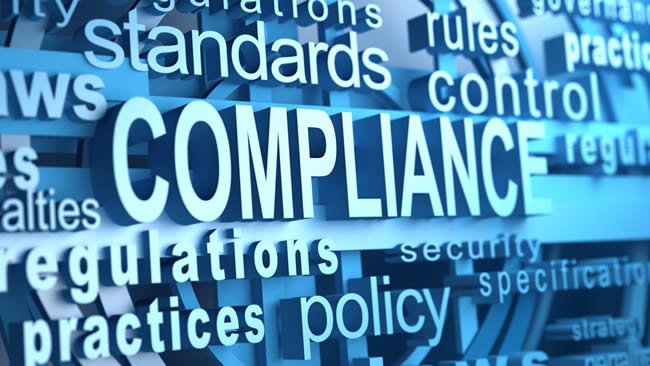Corporate Compliance Training Translation

Now more than ever, every organization, business, public, or private entity needs to train their members on their corporate compliance standards to mitigate their risk exposure to physical or digital security issues, lawsuits, upholding the rights of employees and customers alike, environmental concerns, identifying company values, among many other requirements based on their specific operational needs.
In today’s world, companies and organizations have many employees and members, either located domestically or internationally, whose first language is not English or the primary language of where the company is headquartered.
Identify Language for Translation:
To assure a company or organization is properly training their staff and members on their corporate compliance, everyone will need to be able to fully understand the standards. As such, training on the standards should be provided in each of the languages used within your organization – which can include Braille and Sign Language.
Training Materials Translation:
Translation of training content can be for printed material and in many cases, video training is the preferred method to implement training. Videos can have the script translated and either subtitle added to the video or a voice-over is implemented for each language required for all corporate training.
Not offering training in the employees’ or members’ native language could result in a misunderstanding of what is expected of the person, and open a legal risk for the organization. Another consideration is conforming with accessibility standards which focus on how a disabled person accesses or benefits from a site, system, or application.
Working with an ISO 17100 Certified translation vendor should be considered as translation industry best practices will be followed which will assure an appropriate translation by professional linguists experienced in the various subject areas to be translated. Translation is performed by a team performing three levels of linguistic review – translation, editing, and proofreading to assure the highest level of quality. In most cases, a glossary will be developed for key terminology and translated for each language required.
Glossary Development for Corporate Compliance:
Development of a glossary and translation for each language in your organization should not be overlooked. The glossary will serve as a baseline for the key terminology that you use in your industry and organization. Often a company may only translate the key terms used in their organization for the glossary, but for corporate compliance needs, definitions should also be included and translated to have documentation of what the organization is conveying with use of the terms, and avoid a possible misunderstanding of key terms.
Here are a few links to blogs that provide best practice guidance for training projects:
- https://www.globalizationpartners.com/2020/06/11/elearning-localization-localizing-for-multiple-cultures-and-countries/
- https://www.globalizationpartners.com/2017/09/19/creating-an-effective-elearning-localization-strategy/
- https://www.globalizationpartners.com/2015/08/04/how-to-translating-your-elearning-and-training-courses/
- https://www.globalizationpartners.com/2021/03/03/why-video-subtitle-standards-are-important/
- https://www.globalizationpartners.com/2017/06/14/translating-multimedia-content-videos/
An organization providing Corporate Compliance training is a must in today’s world, but all employees need to understand what they are expected to know and adhere to as part of your organization. To do this they should have the opportunity to learn in their native language.
